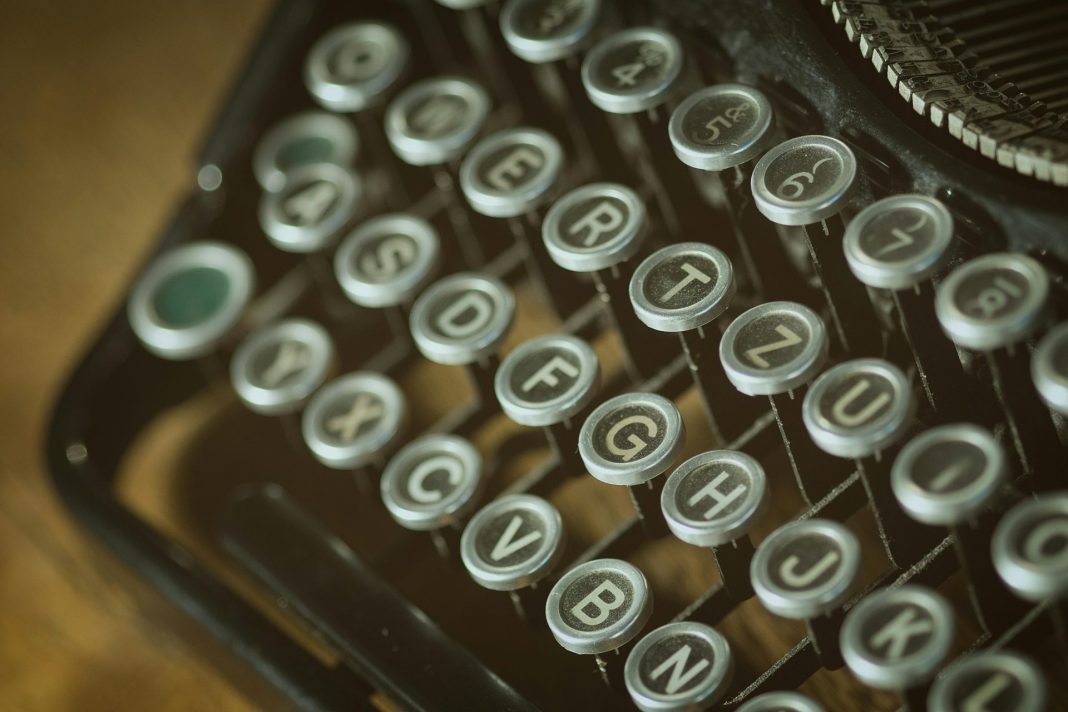Articles are pitched from the comfort of quad-facing bedrooms. Ideas are mulled over glasses of cheap wine. Meetings are held in independent cafés or stuffy seminar rooms. Such is the world of student journalism: a space of institutional safety where voices compete and coexist, yet to what avail?
This luxury is not universal. In Palestine, journalism is no longer just a profession. It is a final act of defiance with life and death stakes. It is quite literally a “dying” art — not because it is becoming obsolete, but rather because it is a practice undertaken by Palestinians even in their final, dying moments. Still, they are not free of authoritarian suppression: a reality which forces us to reexamine what journalism means, and what it demands from those who practice it.
According to Roger Hardy’s The occupied press, there is a three-tiered system by which Israel regulates the Palestinian press. Through licensing, authorities decide whether a publication may exist at all. Through censorship, they determine what the publication may say each day. And through confiscations and distribution permits, they then control whether the product that has been approved by the censor may reach its readers. Each step strips Palestinian journalists of their autonomy and makes it almost impossible to create a free press. This suppression of journalism is a stark reminder of what is at stake when information is controlled: an outcome which student journalists, working within liberal democracies, are privileged enough to critique without fear.
According to the Palestinian Journalists Syndicate, more than 200 journalists and media workers have been killed by Israeli forces since October 2023, making it the deadliest conflict for journalists in recorded history. In Gaza, a press vest makes you a target. Your own words can kill you. In this war on narrative, Israel does not simply bomb hospitals, but memories and resistance. By combatting the uprising of the voices of the oppressed, the Israeli state continues to control the dominant narrative. Now, more than ever, the media has become a way for geopolitical events to be both warped and exposed.
At times, the privilege of journalistic freedom which exists within our own student publications makes me uncomfortable. How can I sit here and summarise a Union debate or review a student play, scroll through Canva templates or attend lay-ins, when scholasticide has deprived a state from a whole generation of students? In the face of global silence, what is the ethical obligation of those who can speak?
Hearing the haunting words “It’s Bisan from Gaza and I’m still alive”, on my phone in between lectures, or watching videos of citizen journalists in an occupied nation where all universities are either damaged or destroyed, is bitterly troubling. Bisan Owda, Motaz Azaiza, Hind Khoudary and Plestia Alaqad are a few of the many young journalists who have put their lives on the line, and understood that “dying” is what is at stake for this art. Their resilience is a call to action. Whilst their courage may have been acknowledged through Emmy Awards and UN recognition, the media outlets which surround them continue to betray the cause of independent journalists.
In April 2025, for example, the BBC came under fire for a headline on a story on Gaza, which initially read “Gaza hospital hit by Israeli strike, Hamas-run health ministry says”. Later, this was eventually changed to reflect the reality: “Israeli air strike destroys part of last functioning hospital in Gaza city”. The initial framing reflects more than editorial caution. It signals a systemic failure to treat Palestinian narratives with credibility, and magnifies the silencing of those who are already fighting to be heard. This, too, wounds journalism. When language fails, injustice thrives.
As mainstream outlets hesitate to report accurately, they create space for ambiguity where there should be none. The consequence is twofold: public perception is warped, and local journalists are silenced, despite doing the most life-threatening work. As residents of a nation which exports arms to Israel, we remain complicit in the deaths of the same journalists. Complicity extends beyond government: because of the stories we choose not to tell, it reaches into the editorial rooms of our newspapers, into our lecture halls, and sidles into the comfort of apoliticism.
When our own legacy media outlets fail Palestinian reporters with skewed headlines which euphemise genocidal actions, how can student journalists, who remain cushioned within their respective institutions, remain silent?
We, too, are killing journalism: an art which is repeatedly wounded by its consumers and contributors alike. The least we can do is prevent its burial.


